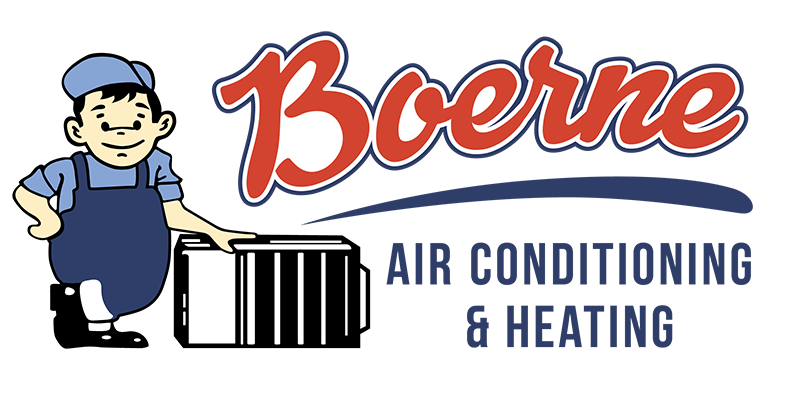30 Sep How to Prepare HVAC System for the Fall Season
As we transition into the autumn and fall season, and begin enjoying cooler weather, we should also take the opportunity to prepare our HVAC (Heating, Ventilation, and Air Conditioning) system for the changing season. Seasonal HVAC maintenance typically occurs twice a year, ideally before the heating season (fall) and before the cooling season (spring), and involves a thorough inspections, cleaning, and adjustments to ensure your system operates efficiently and reliably during changing temperature.
While the more involved maintenance tasks should be conducted by a trained HVAC technician, there are several maintenance activities homeowners can undertake to ensure system efficiency and prolonged lifespan:
Regularly Change or Clean Air Filters:
Replace or clean air filters every 1-3 months, depending on the type and usage. This helps maintain good indoor air quality and ensures the system functions optimally.
Clean & Clear Debris from Outdoor Unit:
Regularly remove leaves, dirt, and debris from the outdoor condenser unit. Trim any vegetation around the unit to maintain proper airflow.
Check & Clean Vents and Registers:
Check vents and registers regularly to ensure they’re not blocked or obstructed. Vacuum or dust them to maintain proper airflow.
Inspect & Clean Condensate Drain Line:
Inspect the condensate drain line and ensure it’s clear of obstructions. Clean it to prevent clogs and potential water damage.
Monitor Thermostat Settings:
Program the thermostat for energy efficiency and adjust settings based on your schedule. Consider upgrading to a programmable or smart thermostat for better control and energy savings.
Seal Ductwork & Insulate:
Seal any leaks in the ductwork to prevent air loss. Properly insulate ducts in unconditioned spaces to improve energy efficiency.
Check Refrigerant Lines for Leaks:
Visually inspect refrigerant lines for signs of leaks or damage. If you suspect a leak, contact a professional HVAC technician for repairs.
Clean Evaporator & Condenser Coils:
Clean the evaporator and condenser coils annually to remove dirt and debris, improving the system’s efficiency.
Regularly Test Carbon Monoxide Detectors:
Test and replace batteries in carbon monoxide detectors annually to ensure they’re functioning properly and providing necessary safety.
Monitor Unusual Noises or Odors:
Pay attention to unusual noises, odors, or irregularities in the system’s performance. If anything seems off, consult a professional HVAC technician for evaluation.
Learn Basic Troubleshooting:
Educate yourself on basic troubleshooting steps to address minor issues, such as resetting the system or checking circuit breakers, before calling for professional help.
Regularly Replace Batteries:
Replace batteries in thermostats, smoke detectors, and carbon monoxide detectors as needed to ensure these devices function properly.
Educate Household Members:
Educate family members about energy-saving practices and proper use of the HVAC system to maximize efficiency and reduce energy consumption.
And finally, schedule professional maintenance at least twice a year (before heating and cooling seasons). A professionals technician can conduct a thorough inspection and perform tasks that require specialized knowledge and equipment. A professional system check up, coupled with performing regular maintenance and being proactive in monitoring and addressing issues, you can ensure your HVAC system operates efficiently for many years.
